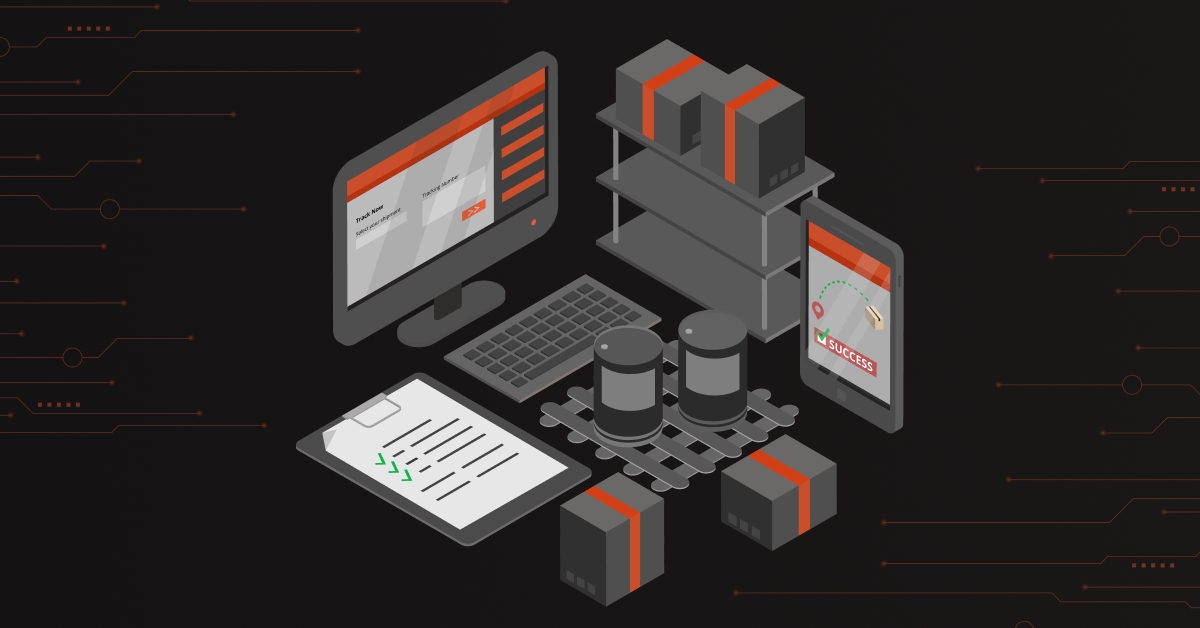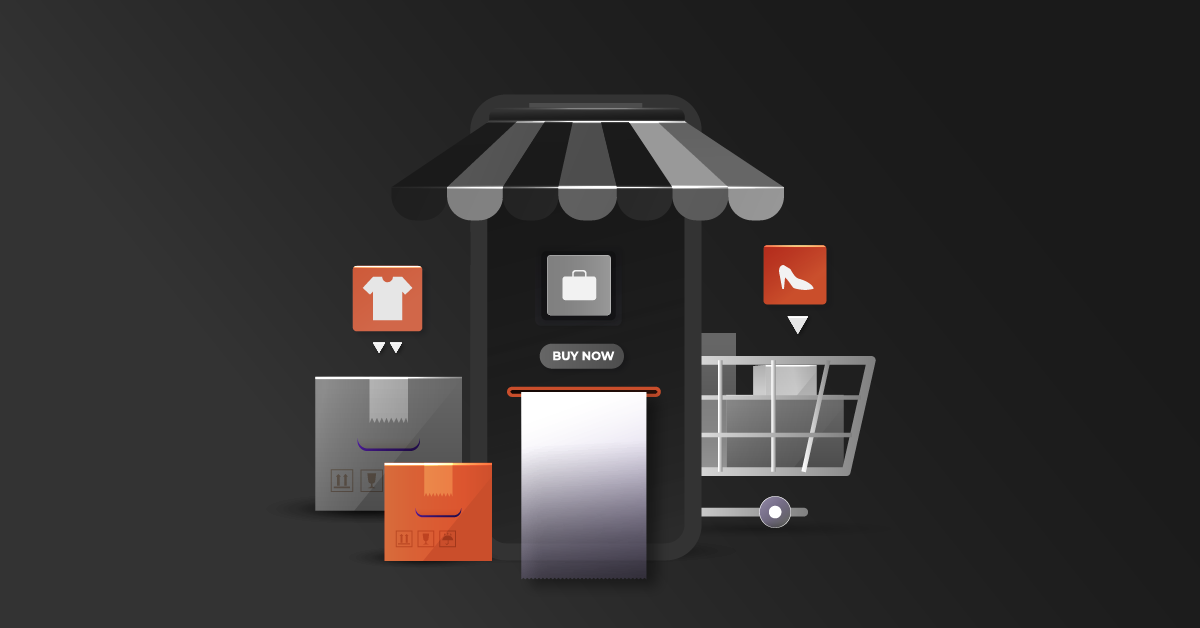In a very short period of time, Amazon Business has become one of the largest distributors in the world. Amazon Business is Amazon’s marketplace that sells business supplies to corporate buyers. Formed in April 2015, the Amazon Business generated more than $10 billion in sales volume in 2018.
When an independent distributor sells through Amazon, the distributor loses the customer relationship. The independent distributor cannot get in touch with the customer directly. It can be done only through Amazon’s closed, proprietary email system.
Moreover, Amazon will have all the data that a distributor sells, including data about the best selling products. It is like the distributor handing over all the data and its analytics to the competitor. Using this data of many distributors, Amazon comes up with private label products to sell in its marketplace because it knows which are the best selling products, who are buying these products, and how much to charge for these products.
Know how Amazon Business disrupts distribution.
How do buyers judge a distributor’s value?
What should independent distributors do to flourish in such a marketplace?One of the first things that independent distributors must do is to transform themselves digitally. It is imperative to have an online presence, keep continually working to improve the site’s capability and design over the years, and market the store.Second, distributors must add value to their services. They should sell solutions instead of products. Understand customer needs deeply and take measures that Amazon will most unlikely be able to do.
Four baseline performance measures
Elements of industrial Distribution published by PTDA Foundation highlights four baseline performance measures by which customers judge distributor’s value…These measures are:
Reliability – Does the distributor meet service and product promises consistently?
Timeliness – Are the goods there when the customer needs them?
Accuracy – Is it the right product in the right quantity?
Problem Solving – Does the product meet the customer’s need?
Value-added services by distributors
Value-added services that distributors can provide to the buyers include but not limited to:

Elements of industrial Distribution published by PTDA Foundation sums it up succinctly…
Customers will continue to buy if they are convinced that the distributor has demonstrated the ability to perform value-added services in addition to basic services, more efficiently than other options.
A powerful value-added service is solution selling. Solution selling bundles products, services, and support to present them as one package or ‘total solution’ to the customer. Solution selling also means understanding a customer’s needs and problems and providing an effective or unique solution based on the distributor’s product knowledge and application expertise.
Be a digital distributor
To thrive in this digital era, distributors must have an eCommerce portal, a good ERP, an efficient system to manage product data (Product Information Management), and a connector to integrate your eCommerce, ERP, PIM, and CRM.Most importantly, distributors must learn and adopt Amazon’s distribution technology and provide value-added services.Reference
Elements of industrial Distribution published by PTDA Foundation





